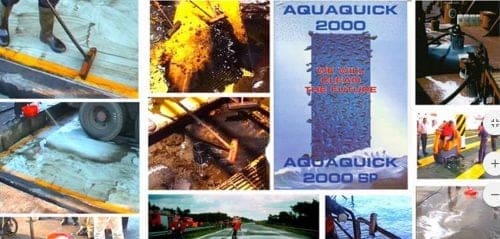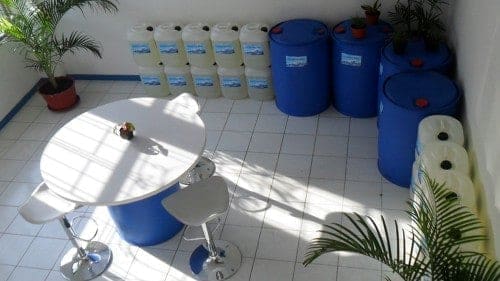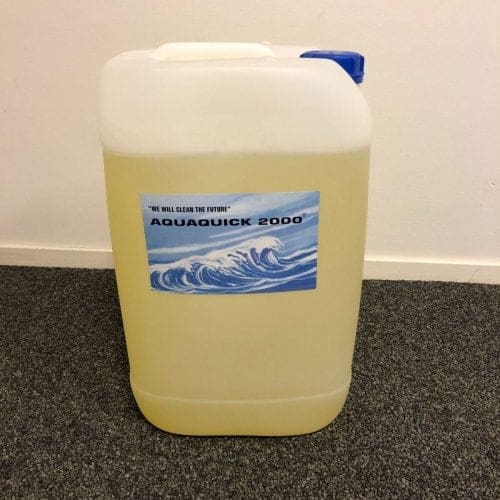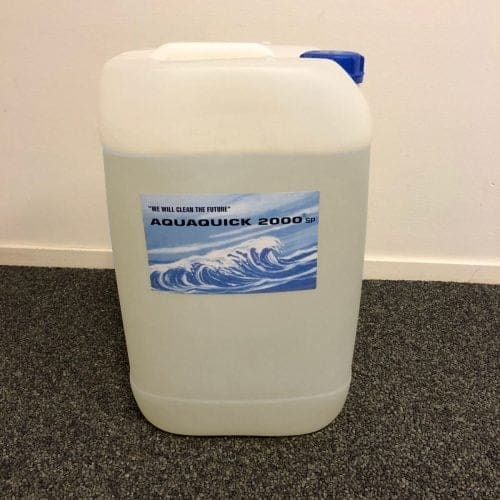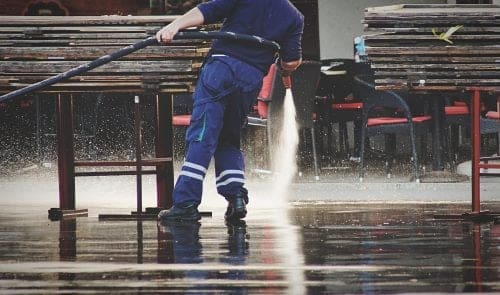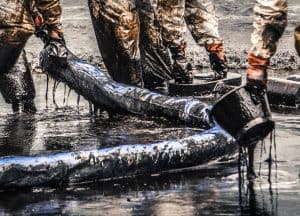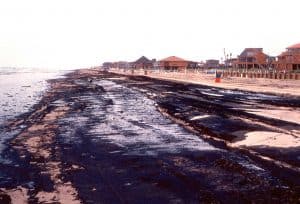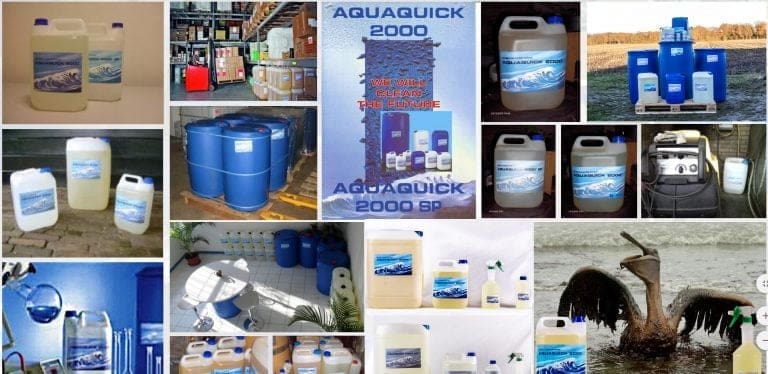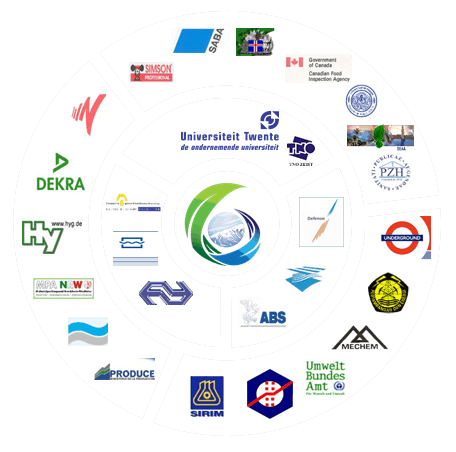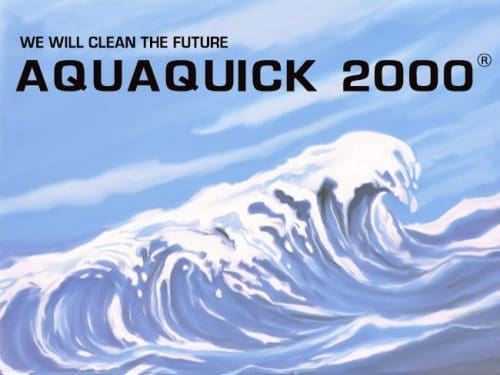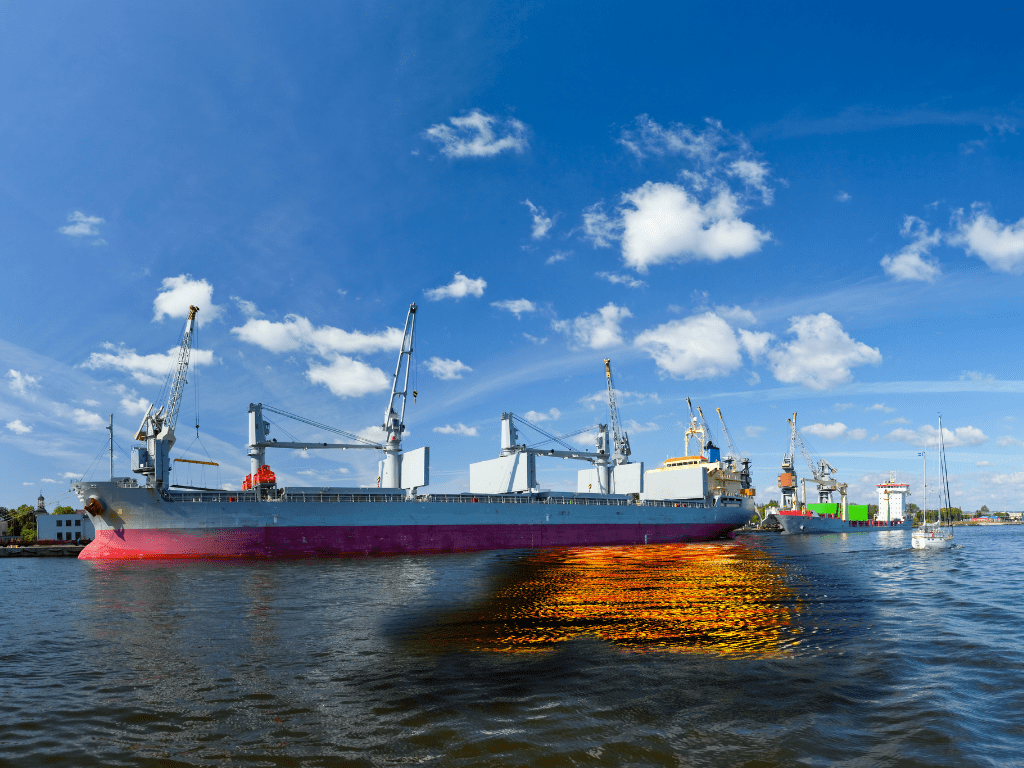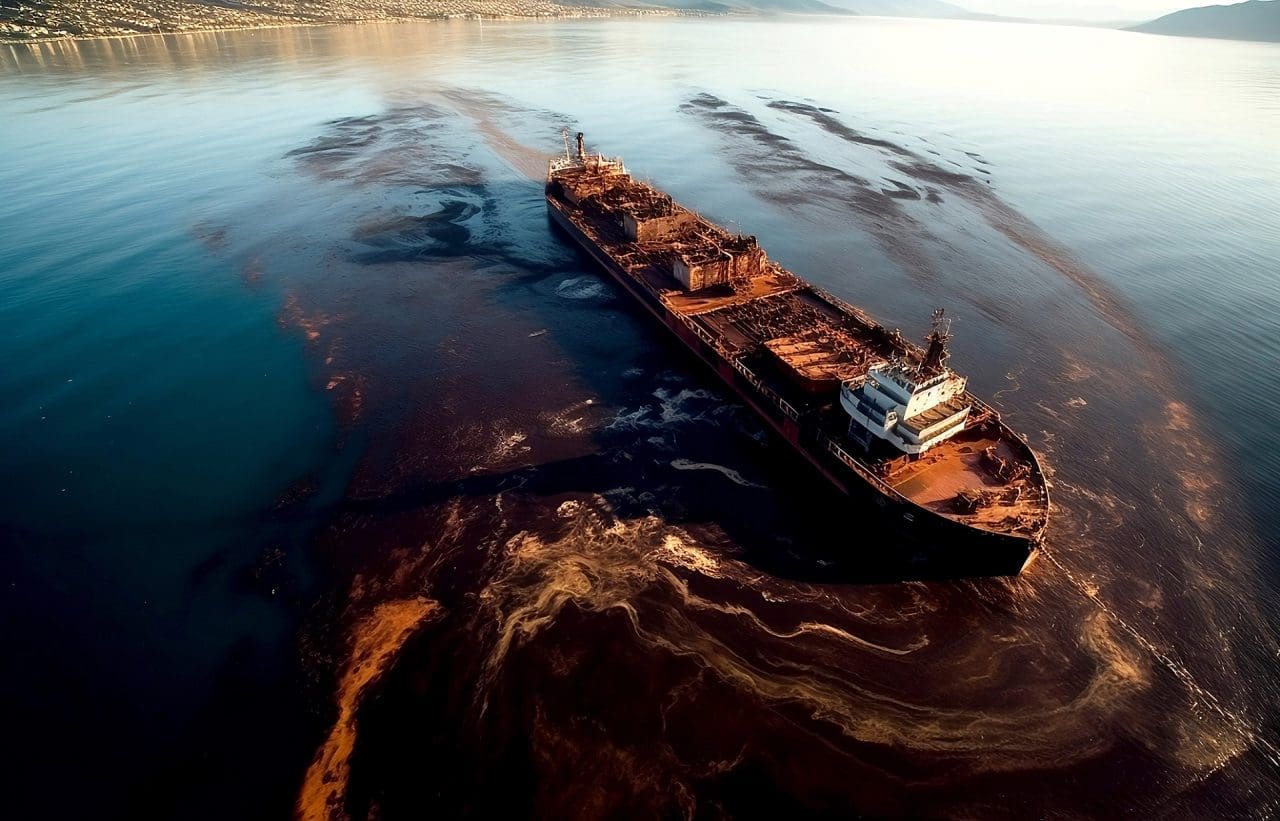
The Deepwater Horizon oil spill, also known as the BP oil spill, was one of the most significant environmental disasters in history. It occurred on April 20, 2010, in the Gulf of Mexico, resulting in devastating consequences for marine life, ecosystems, and coastal communities. This essay will delve into the causes and impacts of the Deepwater Horizon oil spill, as well as explore potential preventative measures to avoid such catastrophes in the future.
Causes of the Deepwater Horizon Oil Spill
The Deepwater Horizon oil spill was primarily caused by a series of failures in equipment, safety protocols, and human error. One of the central factors was the malfunction of the blowout preventer (BOP), a critical piece of safety equipment designed to seal the well in the event of a blowout. Investigations later revealed that the BOP failed due to faulty design, inadequate maintenance, and improper installation.
Furthermore, poor decision-making and a culture of complacency within the oil industry contributed to the disaster. BP and its contractors overlooked warning signs and took shortcuts to save time and money, disregarding crucial safety procedures and protocols. Inadequate risk assessments and lax regulatory oversight also played a significant role in allowing the disaster to occur.
Impacts of the Deepwater Horizon Oil Spill
The Deepwater Horizon oil spill had profound and far-reaching impacts on the environment, wildlife, coastal communities, and the economy. The spill released millions of barrels of crude oil into the Gulf of Mexico, forming massive oil slicks that spread across thousands of square miles of ocean. These oil slicks contaminated beaches, marshlands, and marine habitats, causing extensive damage to ecosystems and wildlife.
Marine species such as fish, birds, turtles, and dolphins were directly affected by the oil spill, suffering from oil poisoning, habitat destruction, and reduced food availability. The spill also had long-term effects on fisheries and coastal economies, disrupting livelihoods and causing significant financial losses for fishing communities, tourism industries, and other businesses dependent on the Gulf of Mexico.
Furthermore, the Deepwater Horizon oil spill had severe health impacts on cleanup workers and residents of affected areas. Exposure to toxic chemicals in the oil and dispersants used to break up the spill led to respiratory problems, skin irritation, and other health issues. The psychological toll of the disaster was also immense, with many individuals experiencing anxiety, depression, and trauma as a result of witnessing the destruction of their communities and livelihoods.
The Deepwater Horizon oil spill, one of the largest environmental disasters in history, had profound impacts on various aspects of the environment, economy, and public health. Here’s a detailed explanation of its impacts:
Environmental Impact
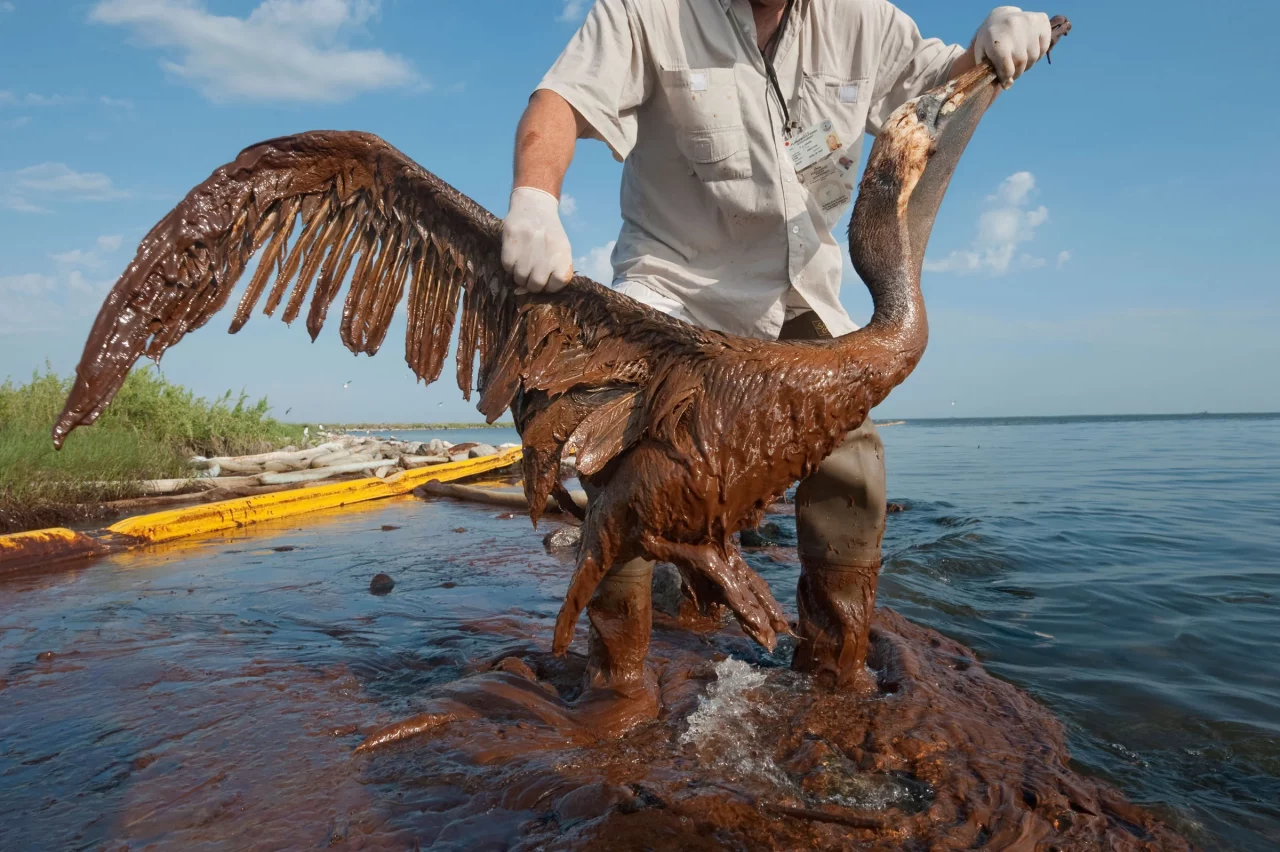
- Marine Life: The spill had devastating consequences for marine life in the Gulf of Mexico. Oil contaminated the water, beaches, and marshlands, affecting a wide range of species including fish, birds, turtles, dolphins, and marine mammals. The toxicity of the oil and chemical dispersants used in cleanup efforts caused widespread mortality among marine organisms, disrupting ecosystems and food chains.
- Habitat Destruction: Oil pollution harmed critical habitats such as coral reefs, mangroves, and estuaries, which serve as breeding grounds and nurseries for numerous marine species. The loss of habitat and disruption of ecological processes threatened the long-term viability of many marine populations and ecosystems.
- Coastal Ecosystems: Wetlands, beaches, and coastal marshes were heavily impacted by oil contamination, leading to degradation of vegetation, soil erosion, and loss of biodiversity. These ecosystems provide essential services such as shoreline protection, water filtration, and carbon sequestration, and their degradation has long-term consequences for coastal resilience and ecosystem health.
Economic Impact
- Fishing Industry: The spill dealt a severe blow to the fishing industry in the Gulf of Mexico, one of the most productive fishing regions in the United States. Fishing grounds were closed due to contamination, resulting in loss of income for commercial fishermen, seafood processors, and related businesses. The long-term effects of the spill on fish populations and seafood quality further undermined the viability of the fishing industry.
- Tourism: Coastal communities reliant on tourism suffered significant economic losses as visitors avoided beaches and recreational areas affected by the spill. Hotels, restaurants, tour operators, and other businesses dependent on tourism experienced a sharp decline in revenue, leading to layoffs, bankruptcies, and economic hardship for local residents.
- Property Values: The perception of environmental degradation and health risks associated with the spill caused property values in affected areas to decline. Homeowners and businesses faced difficulty selling properties and obtaining insurance, exacerbating financial stress and uncertainty in already struggling communities.
Public Health Impact
- Health Risks: Cleanup workers and residents of affected areas were exposed to toxic chemicals present in the oil and dispersants used to combat the spill. Inhalation of oil fumes, dermal contact with contaminated water, and consumption of contaminated seafood posed health risks such as respiratory problems, skin irritation, neurological disorders, and increased cancer risk.
- Mental Health: The psychological toll of the disaster was significant, with many individuals experiencing anxiety, depression, and trauma as a result of witnessing the destruction of their communities and livelihoods. Social disruption, economic insecurity, and uncertainty about the long-term health and environmental impacts of the spill contributed to mental health challenges among affected populations.
In sum, the Deepwater Horizon oil spill had far-reaching impacts on the environment, economy, and public health of the Gulf Coast region. The effects of the spill continue to be felt years after the initial disaster, underscoring the need for robust prevention, preparedness, and response measures to mitigate the risk of future oil spills and protect vulnerable ecosystems and communities.
Preventative Measures to Avoid Deepwater Oil Spills
Preventing deepwater oil spills requires a multifaceted approach that addresses technical, regulatory, and organizational aspects of offshore drilling operations. Some key preventative measures include:
- Enhanced Safety Regulations: Strengthening regulatory oversight and enforcement of safety standards is essential for preventing future oil spills. Regulatory agencies must require thorough risk assessments, regular safety inspections, and strict adherence to best practices in offshore drilling operations. Additionally, implementing more stringent requirements for well design, construction, and maintenance can help mitigate the risk of blowouts and other accidents.
- Improved Technology and Equipment: Investing in advanced technology and equipment is crucial for reducing the risk of oil spills. This includes developing more reliable blowout preventers, improved well control systems, and better monitoring tools for detecting leaks and pressure anomalies. Additionally, investing in research and development of alternative energy sources can help reduce the demand for offshore drilling and minimize the risk of environmental disasters.
- Emergency Response Preparedness: Developing comprehensive emergency response plans and training programs is essential for effectively responding to oil spills. This includes establishing rapid response teams, stockpiling necessary equipment and resources, and conducting regular drills and simulations to test readiness. Additionally, improving coordination and communication between government agencies, industry stakeholders, and local communities can help ensure a swift and effective response to oil spill emergencies.
- Environmental Monitoring and Restoration: Implementing robust environmental monitoring programs is critical for assessing the impacts of oil spills and guiding restoration efforts. This includes monitoring water quality, tracking the movement of oil plumes, and conducting long-term studies on ecosystem recovery. Additionally, investing in habitat restoration projects and supporting natural resource damage assessment and restoration efforts can help mitigate the long-term environmental impacts of oil spills.
- Public Engagement and Transparency: Engaging with local communities, environmental groups, and other stakeholders is essential for fostering transparency, accountability, and public trust in offshore drilling activities. This includes consulting with indigenous communities, conducting public hearings, and soliciting input on decision-making processes. Additionally, providing access to information about the risks and impacts of offshore drilling can help empower communities to advocate for stronger environmental protections and hold industry and government accountable for ensuring safe and responsible drilling practices.
- Research and Development for Safer Operations: Continued investment in research and development is essential for advancing technologies that can improve the safety and efficiency of offshore drilling operations. This includes developing innovative solutions for well control, blowout prevention, and oil spill response. By fostering collaboration between industry, academia, and government agencies, we can accelerate the development and implementation of cutting-edge technologies to minimize the risk of oil spills.
- International Collaboration and Standards: Offshore drilling operations often span multiple jurisdictions and involve collaboration between companies and governments from different countries. Establishing international standards and protocols for offshore drilling safety and environmental protection can help ensure consistent regulations and practices across borders. By promoting collaboration and information sharing on best practices and lessons learned, we can enhance global preparedness and response capabilities for oil spill emergencies.
- Corporate Responsibility and Accountability: Oil companies have a responsibility to prioritize safety, environmental stewardship, and social responsibility in their operations. This includes conducting thorough risk assessments, investing in safety training and equipment, and implementing robust safety management systems. Companies should also be held accountable for their actions through transparent reporting, independent audits, and regulatory oversight. By promoting a culture of accountability and continuous improvement, oil companies can help prevent oil spills and minimize their environmental and social impacts.
- Alternative Energy Transition: Transitioning to renewable energy sources such as solar, wind, and hydropower is essential for reducing our dependence on fossil fuels and mitigating the risk of oil spills. Investing in clean energy infrastructure and technology can create jobs, stimulate economic growth, and reduce greenhouse gas emissions. By accelerating the transition to a low-carbon economy, we can not only reduce the demand for offshore drilling but also address the root causes of climate change and environmental degradation.
Why AQUAQUICK 2000 Is Perfect For Oil Spill Cleanup?
AQUAQUICK 20006 is a versatile and environmentally friendly cleaning solution designed to tackle various types of oil spills effectively. Made from a unique blend of surfactants and biodegradable ingredients, AQUAQUICK 2000 offers a safe and efficient way to clean up oil-contaminated surfaces, including water bodies, soil, and industrial equipment.
AQUAQUICK 2000 is formulated to act quickly upon contact with oil, breaking down the hydrocarbons into smaller, water-soluble molecules. This rapid action helps to contain and mitigate the spread of the oil spill, preventing further contamination of water bodies and surrounding ecosystem. One of the key advantages of AQUAQUICK 2000 is its biodegradability, meaning that it naturally decomposes into harmless byproducts over time. Unlike conventional chemical dispersants and solvents, which can persist in the environment and pose risks to aquatic life and ecosystems, AQUAQUICK 2000 offers a safer and more sustainable solution for oil spill cleanup.
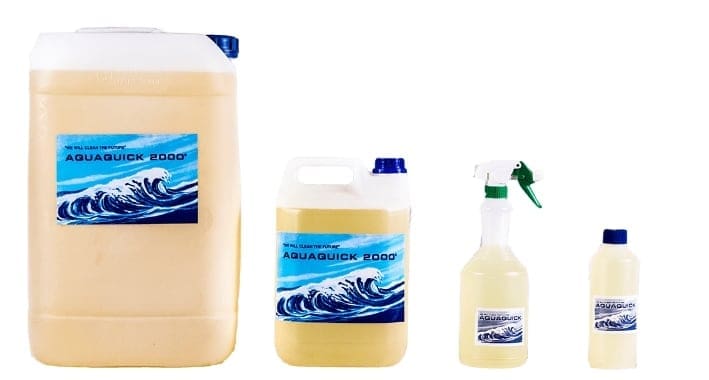
AQUAQUICK 2000 is highly versatile and can be used to clean up oil spills in various environments, including marine, freshwater, and terrestrial ecosystems. It can be applied directly to oil-contaminated water surfaces, where it rapidly emulsifies and disperses the oil, allowing for easier removal through skimming or absorption. Additionally, AQUAQUICK 2000 can be used to clean oil-stained soil, equipment, and infrastructure, providing a comprehensive solution for oil spill cleanup.
AQUAQUICK 2000 is non-toxic and non-corrosive, making it safe for use in sensitive environments and around wildlife. Unlike harsh chemical cleaners, which can pose health risks to cleanup workers and aquatic organisms, AQUAQUICK 2000 offers a safer alternative that minimizes the potential for harm to human health and the environment. In addition to its effectiveness and safety, AQUAQUICK 2000 offers cost savings compared to traditional oil spill cleanup methods. Its rapid action and biodegradability reduce the need for extensive manual labor and expensive equipment, resulting in lower cleanup costs and faster restoration of affected areas.
Overall, AQUAQUICK 2000 is a highly effective, environmentally friendly, and cost-effective solution for cleaning up oil spills. Its rapid action, biodegradability, versatility, safety, and cost-effectiveness make it an ideal choice for mitigating the environmental and economic impacts of oil contamination in water bodies, soil, and industrial facilities.
Final Verdict
The Deepwater Horizon oil spill was a tragic reminder of the devastating consequences of offshore drilling accidents. Addressing the root causes of oil spills and implementing effective preventative measures is essential for protecting marine ecosystems, coastal communities, and the global environment. By strengthening safety regulations, investing in advanced technology and equipment, improving emergency response preparedness, enhancing environmental monitoring and restoration efforts, and fostering public engagement and transparency, we can work towards preventing future oil spills and safeguarding our planet for future generations.
The Deepwater Horizon oil spill was a wake-up call for the world, highlighting the catastrophic consequences of offshore drilling accidents and the urgent need for stronger preventative measures. By addressing the root causes of oil spills and implementing comprehensive safety regulations, technological innovations, and environmental protections, we can minimize the risk of future disasters and safeguard our oceans and coastal communities. However, preventing oil spills requires a collective effort involving government agencies, industry stakeholders, environmental organizations, and the public. By working together to prioritize safety, environmental sustainability, and corporate responsibility, we can build a safer and more sustainable future for generations to come.

